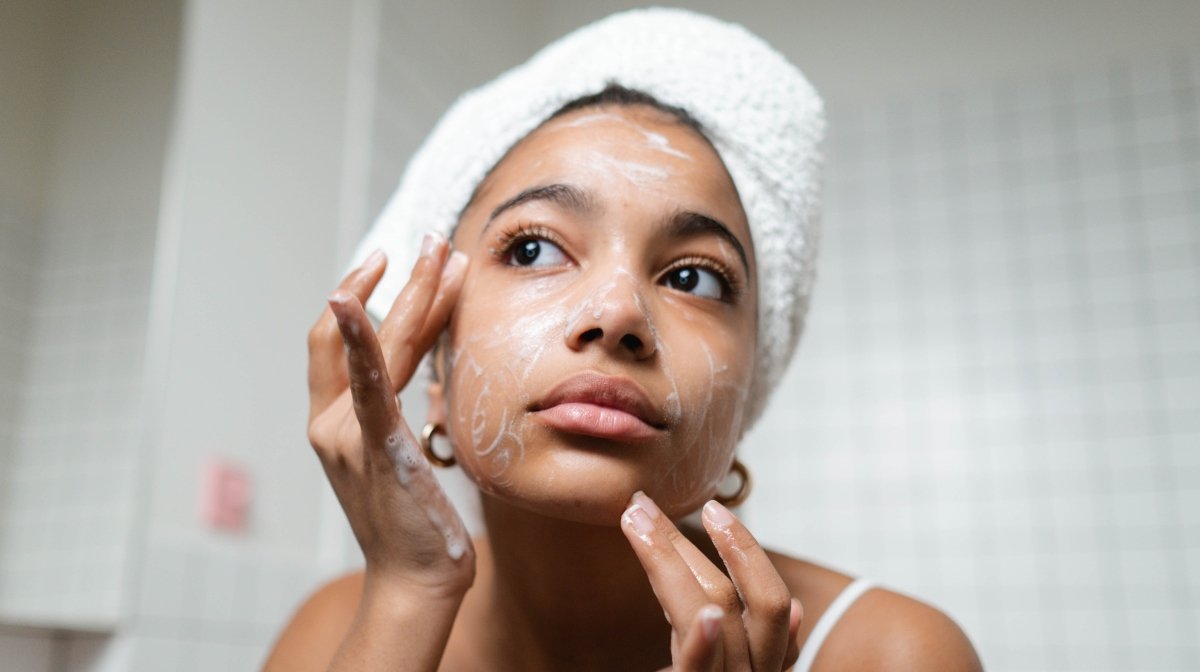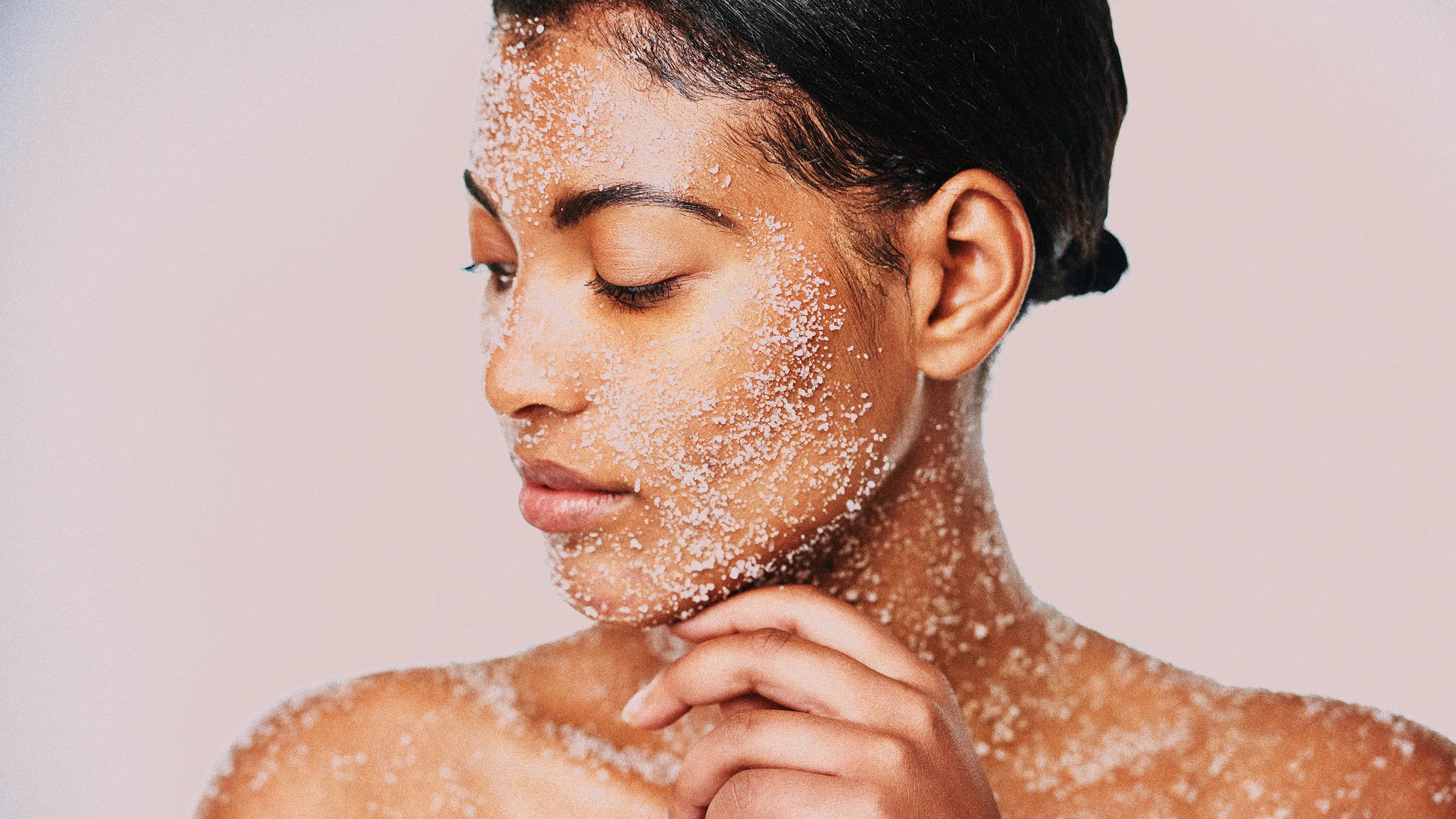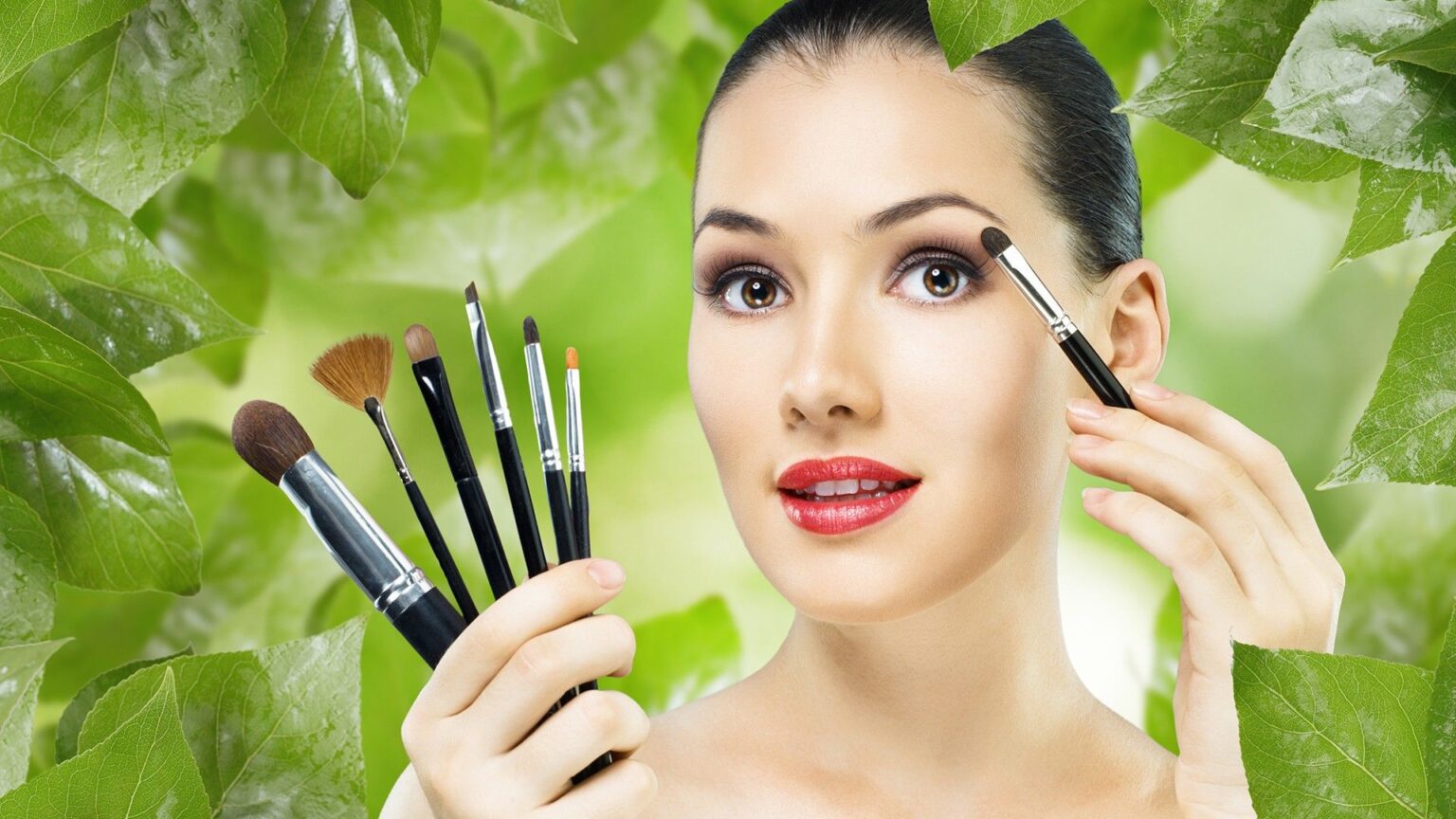Achieving glowing skin is a common goal for many individuals. A radiant complexion not only enhances your overall appearance but also boosts your confidence. Fortunately, with the right skincare practices and lifestyle choices, anyone can attain that coveted glow. we’ll explore expert secrets and practical tips that will help you achieve glowing skin. From establishing a solid skincare routine to making healthier lifestyle choices, we’ve got you covered!
Understanding Your Skin

Before diving into the tips, it’s essential to understand your skin type. Each skin type—oily, dry, combination, or sensitive—has unique needs. Identifying your skin type can help you choose products and routines that work best for you.
Oily Skin: Characterized by excess sebum production, leading to a shiny appearance and larger pores.
Dry Skin: Lacks moisture and can feel tight, flaky, or rough.
Combination Skin: A mix of oily and dry areas, often with an oily T-zone and dry cheeks.
Sensitive Skin: Prone to redness, irritation, and reactions to certain products.
1. Establish a Skincare Routine

A consistent skincare routine is fundamental for glowing skin. Here’s a basic regimen to follow:
Morning Routine:
Cleanser: Start with a gentle cleanser to remove overnight impurities.
Toner: Use a toner to balance your skin’s pH and prep it for the following products.
Serum: Incorporate a vitamin C serum to brighten the skin and provide antioxidant protection.
Moisturizer: Choose a lightweight, hydrating moisturizer to lock in moisture.
Sunscreen: Apply a broad-spectrum sunscreen with at least SPF 30 to protect your skin from harmful UV rays.
Evening Routine:
Makeup Remover: Always remove your makeup to prevent clogged pores.
Cleanser: Follow with your regular cleanser to ensure your skin is clean.
Exfoliation (2-3 times a week): Use a gentle exfoliant to slough off dead skin cells.
Night Cream or Oil: Opt for a richer moisturizer or facial oil to nourish your skin overnight.
2. Hydration is Key

Staying hydrated is crucial for maintaining healthy skin. When your body is well-hydrated, your skin appears plump and vibrant. Aim to drink at least 8 glasses of water a day. Additionally, consider incorporating hydrating foods into your diet, such as:
Fruits: Watermelon, oranges, and cucumbers are excellent choices.
Vegetables: Leafy greens and bell peppers are not only hydrating but also rich in vitamins.
3. Nourish Your Skin from Within

Your diet plays a significant role in your skin’s health. Incorporate these nutrients into your meals to promote glowing skin:
Antioxidants: Foods high in antioxidants, like berries, nuts, and green tea, combat oxidative stress and protect your skin.
Healthy Fats: Omega-3 fatty acids found in fish, flaxseeds, and walnuts help maintain skin elasticity and moisture.
Vitamins and Minerals: Vitamin E, vitamin C, and zinc are essential for skin repair and renewal. Include sources like nuts, citrus fruits, and whole grains.
4. Get Enough Sleep

Quality sleep is often overlooked but is vital for skin health. During sleep, your body repairs itself, and this includes skin regeneration. Aim for 7-9 hours of quality sleep each night. Establish a calming bedtime routine to improve sleep quality:
Create a relaxing environment by dimming the lights and reducing screen time before bed.
Consider using essential oils, like lavender, to promote relaxation.
5. Protect Your Skin from the Sun

Sun damage is one of the leading causes of dull and aged skin. Protecting your skin from harmful UV rays is essential for maintaining a glowing complexion. Here are some tips:
Apply Sunscreen Daily: Even on cloudy days or when staying indoors, UV rays can penetrate windows.
Wear Protective Clothing: Opt for hats, long sleeves, and sunglasses when spending time outdoors.
Seek Shade: Limit direct sun exposure, especially during peak hours (10 a.m. to 4 p.m.).
6. Exfoliate Regularly

Exfoliation helps remove dead skin cells, revealing fresh skin underneath. However, it’s essential to find the right balance. Over-exfoliating can lead to irritation and damage. Here’s how to exfoliate effectively:
Choose the Right Exfoliant: Chemical exfoliants like AHAs (alpha hydroxy acids) and BHAs (beta hydroxy acids) are excellent options for promoting cell turnover.
Frequency: Exfoliate 2-3 times a week, depending on your skin type. If you have sensitive skin, stick to gentler options and fewer sessions.
Follow Up with Moisturizer: Always moisturize after exfoliating to keep your skin hydrated.
7. Use Face Masks

Face masks can provide an extra boost to your skincare routine. Here are some effective options:
Hydrating Masks: Look for masks containing hyaluronic acid or aloe vera for intense hydration.
Brightening Masks: Masks with vitamin C or niacinamide can help brighten dull skin.
Clay Masks: Ideal for oily skin, clay masks draw out impurities and help reduce excess oil.
8. Manage Stress

Chronic stress can take a toll on your skin, leading to breakouts and dullness. Implement stress management techniques into your daily routine:
Exercise Regularly: Physical activity promotes blood circulation and reduces stress levels.
Practice Mindfulness: Meditation, deep breathing, or yoga can help you unwind and find balance.
Engage in Hobbies: Pursue activities you enjoy to relieve stress and improve your mood.
9. Avoid Smoking and Limit Alcohol

Both smoking and excessive alcohol consumption can adversely affect your skin’s appearance. Smoking reduces blood flow and depletes essential nutrients, while alcohol can dehydrate the skin. To maintain glowing skin, consider these steps:
Quit Smoking: Seek support if needed and explore healthier alternatives to cope with stress.
Limit Alcohol Intake: Moderation is key. If you drink, opt for hydrating beverages and balance alcohol with water.
10. Consistency is Crucial

Finally, consistency is vital for achieving glowing skin. Skincare is not a one-time effort; it requires dedication and patience. Stick to your routine, and give your skin time to respond to the changes. Keep track of what works for you and make adjustments as needed.
Conclusion
Achieving glowing skin is an attainable goal with the right knowledge and practices. By understanding your skin type, establishing a consistent skincare routine, nourishing your body from within, and making healthier lifestyle choices, you can unveil a radiant complexion. Remember, every individual’s skin is unique, so listen to your skin’s needs and adjust your routine accordingly. With time, patience, and dedication, you can achieve the glowing skin you desire!
FAQs
What is the best skincare routine for glowing skin?
A basic skincare routine for glowing skin includes:
Morning: Gentle cleanser, toner, vitamin C serum, moisturizer, and sunscreen.
Evening: Makeup remover, cleanser, exfoliant (2-3 times a week), and a rich night cream or facial oil.
How often should I exfoliate?
It is generally recommended to exfoliate 2-3 times a week, depending on your skin type. If you have sensitive skin, you may want to exfoliate less frequently or opt for gentler exfoliants.
Can diet really affect my skin’s glow?
Yes, a healthy diet rich in antioxidants, vitamins, and healthy fats can significantly impact your skin’s appearance. Foods high in vitamins C and E, omega-3 fatty acids, and antioxidants help nourish the skin and promote a radiant complexion.
Is it necessary to wear sunscreen even on cloudy days?
Absolutely! UV rays can penetrate through clouds and windows, so wearing sunscreen daily is essential to protect your skin from sun damage, which can lead to dullness and premature aging.
What role does hydration play in skin health?
Hydration is crucial for maintaining skin elasticity and moisture. When you’re adequately hydrated, your skin appears plump and vibrant. Aim to drink at least 8 glasses of water a day and include hydrating foods in your diet.
Can stress affect my skin?
Yes, chronic stress can lead to skin issues such as breakouts, dullness, and increased sensitivity. Managing stress through exercise, mindfulness, and hobbies can help improve your skin’s health.
How long does it take to see results from a new skincare routine?
Results can vary depending on individual skin types and the products used. Generally, you may start to see improvements within a few weeks, but it can take 4-6 weeks or longer for significant changes.
What are the best types of masks for glowing skin?
Hydrating Masks: Look for ingredients like hyaluronic acid and aloe vera.
Brightening Masks: Masks with vitamin C or niacinamide are effective.
Clay Masks: These are great for oily skin as they draw out impurities.
Is it okay to use multiple skincare products?
Yes, layering skincare products can be beneficial as long as the products are compatible with your skin type. Start with lighter textures (like serums) and move to heavier ones (like creams and oils).
What lifestyle changes can help improve my skin?
In addition to a consistent skincare routine, consider:
Eating a balanced diet rich in fruits, vegetables, and healthy fats.
Staying hydrated.
Exercising regularly to improve circulation.
Getting enough sleep for skin regeneration.
Avoiding smoking and limiting alcohol consumption.
Feel free to reach out if you have more questions or need additional information on achieving glowing skin!


